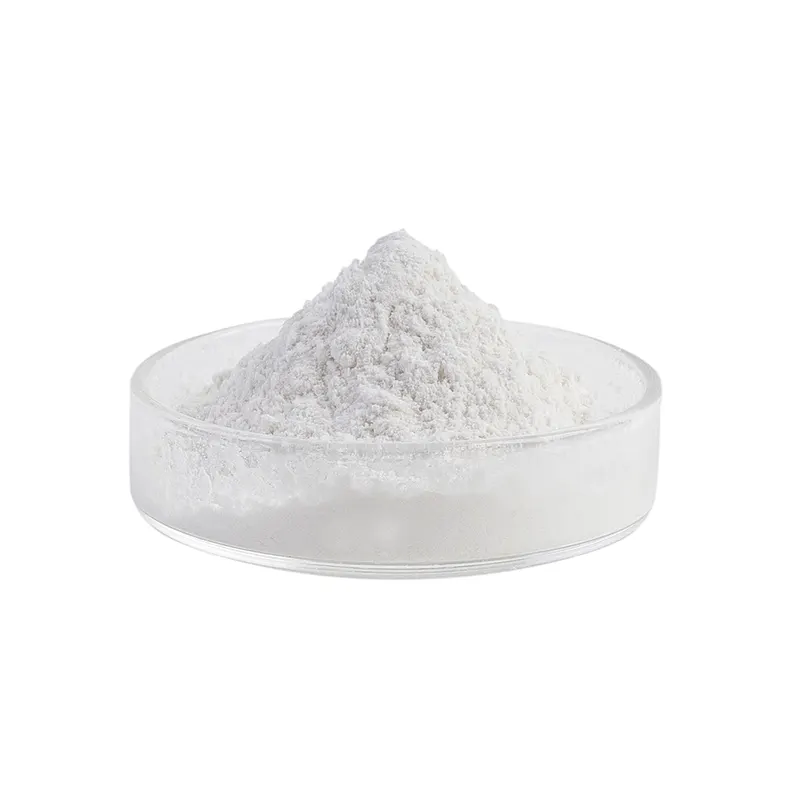The Science and Benefits of Melatonin Precursors: Unlocking Better Sleep
2024-10-16
In today's fast-paced world, sleep has become a luxury for many people. With increasing stress levels, erratic schedules, and exposure to artificial light, achieving quality sleep can be a challenge. One solution that has gained attention in recent years is the use of melatonin precursors. These compounds help the body produce melatonin, the hormone responsible for regulating sleep-wake cycles. In this blog, we'll explore what melatonin precursors are, their benefits, and how to incorporate them into your wellness routine.
What Are Melatonin Precursors?
Melatonin precursors are substances that the body uses to synthesize melatonin. The most well-known precursor is tryptophan, an essential amino acid found in various foods. Another key player is 5-hydroxytryptophan (5-HTP), which is a derivative of tryptophan and directly involved in melatonin production.
How Melatonin is Produced
The synthesis of melatonin begins with tryptophan, which undergoes several biochemical conversions:
1. Tryptophan is converted into 5-HTP.
2. 5-HTP is then transformed into serotonin, a neurotransmitter that influences mood, appetite, and sleep.
3. Finally, serotonin is converted into melatonin primarily in the pineal gland, especially during the night when darkness signals the body to prepare for sleep.
This intricate process highlights the importance of having adequate levels of tryptophan and 5-HTP to support melatonin production.
Benefits of Melatonin Precursors
1. Improved Sleep Quality
One of the primary benefits of melatonin precursors is their ability to enhance sleep quality. By supporting the body’s natural melatonin production, they can help regulate the sleep-wake cycle, making it easier to fall asleep and stay asleep throughout the night.
2. Easier Adaptation to Time Changes
For those who travel frequently or work night shifts, melatonin precursors can aid in adjusting to new time zones or irregular schedules. By promoting natural melatonin production, these compounds can help reduce the symptoms of jet lag and shift work disorder.
3. Mood Regulation
Melatonin has been linked not only to sleep but also to mood regulation. Serotonin, the precursor to melatonin, plays a significant role in mood stabilization. By ensuring adequate melatonin levels through its precursors, you may experience improvements in mood and a reduction in symptoms of anxiety and depression.
4. Support for Seasonal Affective Disorder (SAD)
SAD is a type of depression that occurs during the darker months of the year when natural light is limited. Melatonin precursors can help combat the symptoms of SAD by regulating sleep patterns and improving mood.
How to Incorporate Melatonin Precursors into Your Diet
1. Dietary Sources
Incorporating foods rich in tryptophan into your diet is an effective way to enhance melatonin production naturally. Some excellent sources include:
- Turkey: A well-known source of tryptophan, turkey is often associated with post-Thanksgiving sleepiness.
- Eggs: Rich in protein, eggs provide a good amount of tryptophan along with other essential nutrients.
- Dairy Products: Milk, cheese, and yogurt are not only high in tryptophan but also promote relaxation and sleep.
- Nuts and Seeds: Almonds, walnuts, and pumpkin seeds are great sources of tryptophan and healthy fats.
- Fish: Fatty fish like salmon and mackerel contain high levels of tryptophan and omega-3 fatty acids.
2. Supplements
If dietary sources are insufficient or if you have specific sleep concerns, supplements containing tryptophan or 5-HTP are available. However, it's essential to consult with a healthcare provider before starting any new supplement, especially if you’re taking medications or have underlying health conditions.
Tips for Enhancing Melatonin Production
1. Maintain a Regular Sleep Schedule
Going to bed and waking up at the same time every day can help regulate your body’s internal clock, promoting the natural production of melatonin.
2. Create a Sleep-Conducive Environment
Make your bedroom a sanctuary for sleep by keeping it dark, quiet, and cool. Consider using blackout curtains and white noise machines if necessary.
3. Limit Screen Time Before Bed
Exposure to blue light from screens can inhibit melatonin production. Aim to limit screen time at least an hour before bedtime, or use blue light filters if necessary.
4. Consider Light Exposure
During the day, try to get natural sunlight exposure, as this helps regulate your circadian rhythm. In the evening, reduce exposure to bright lights to signal to your body that it’s time to wind down.
Conclusion
Melatonin precursors, such as tryptophan and 5-HTP, play a vital role in enhancing melatonin production, leading to better sleep quality and overall well-being. By incorporating foods rich in these compounds into your diet and following healthy sleep practices, you can support your body's natural sleep-wake cycle.
If you’re struggling with sleep issues, consider exploring melatonin precursors as part of your approach to achieving restful nights. Remember to consult with a healthcare professional to determine the best course of action for your individual needs.



